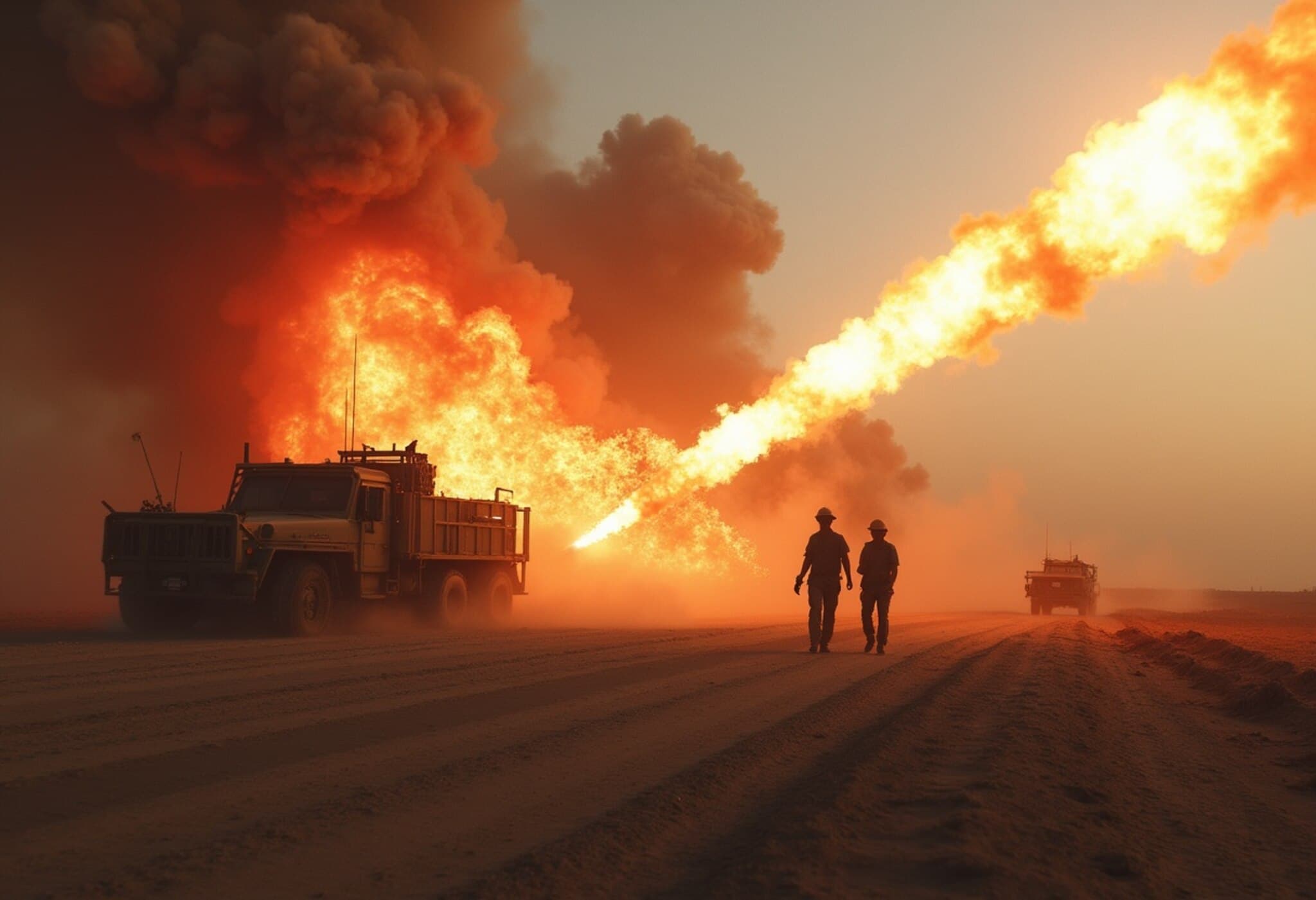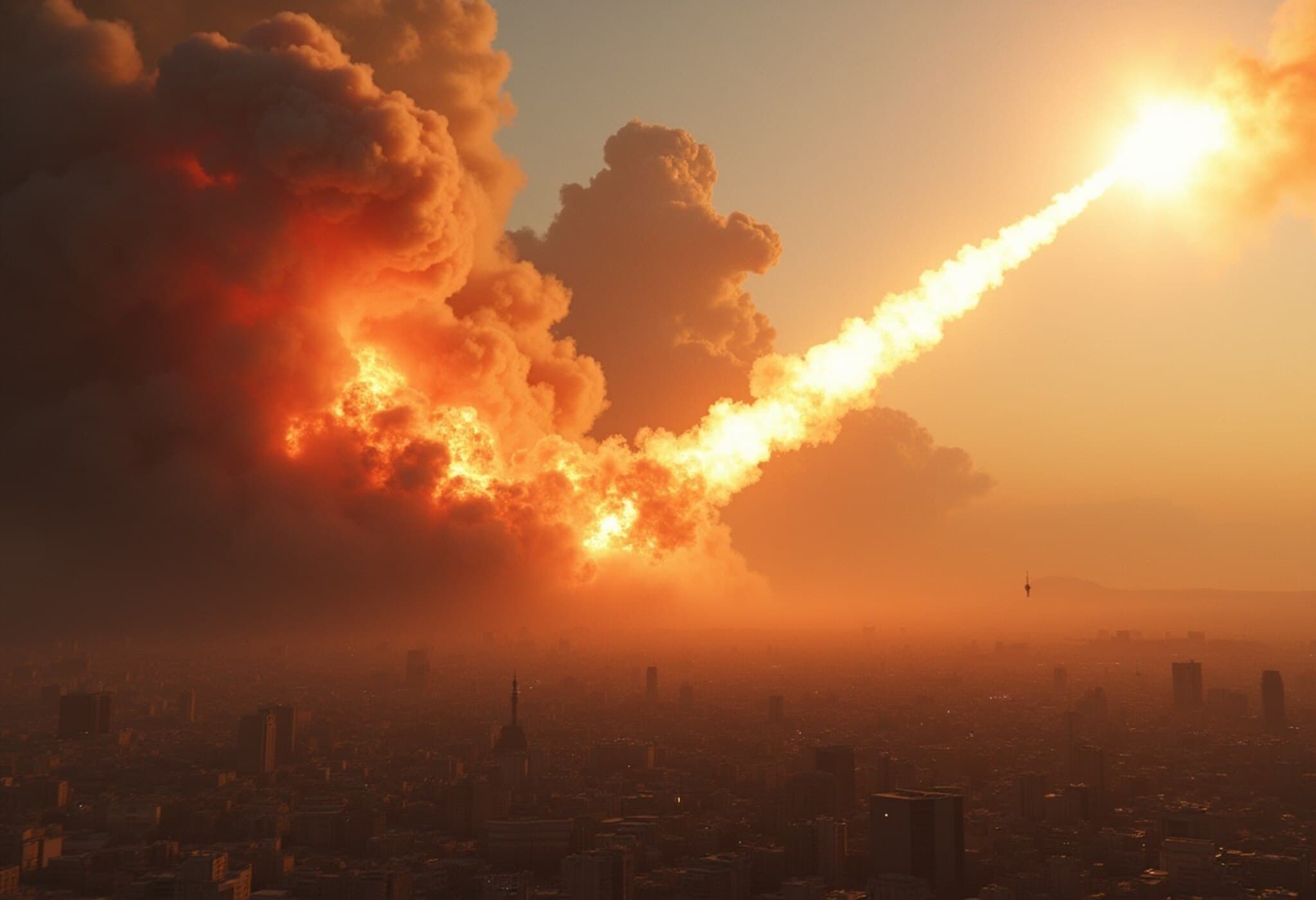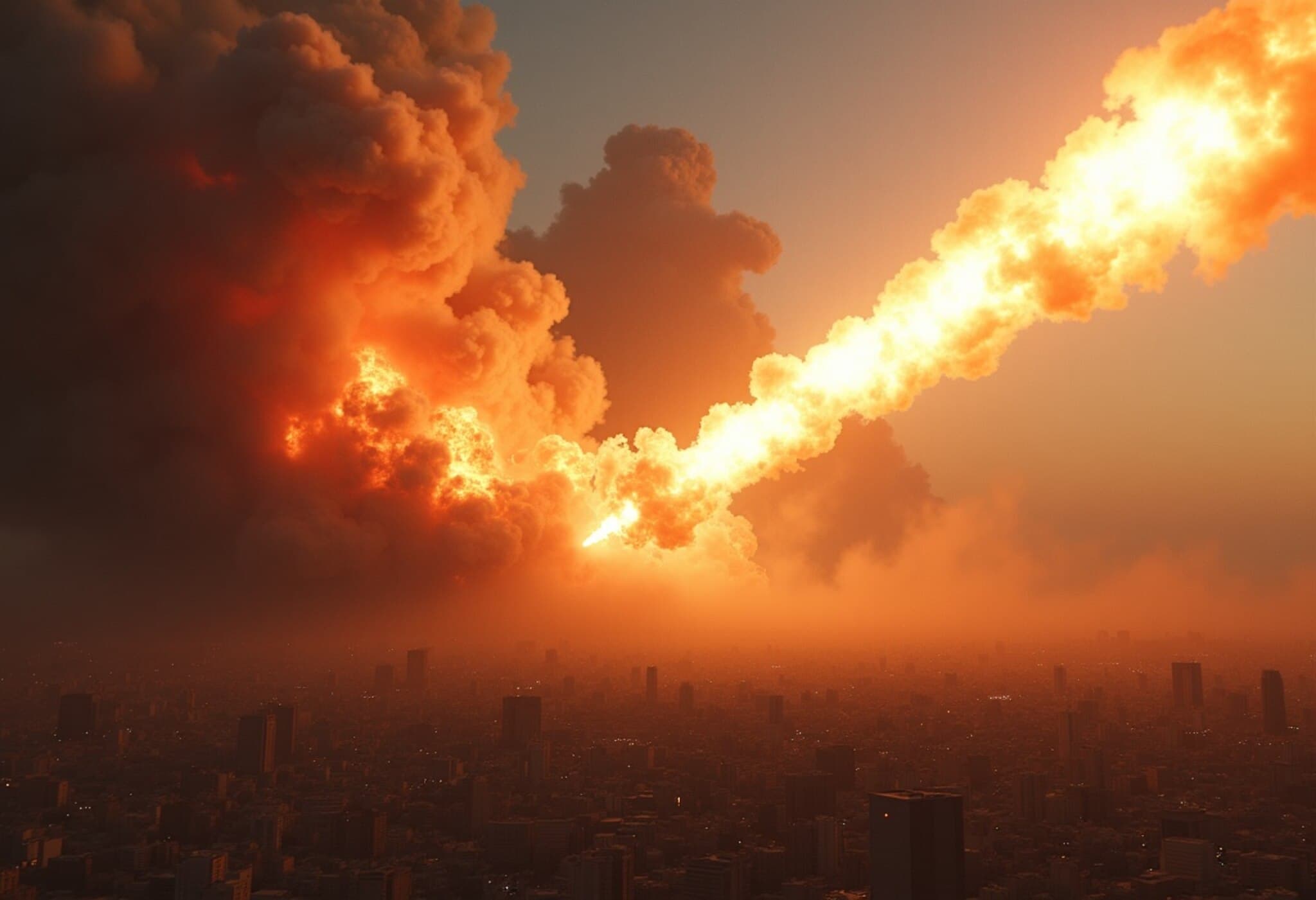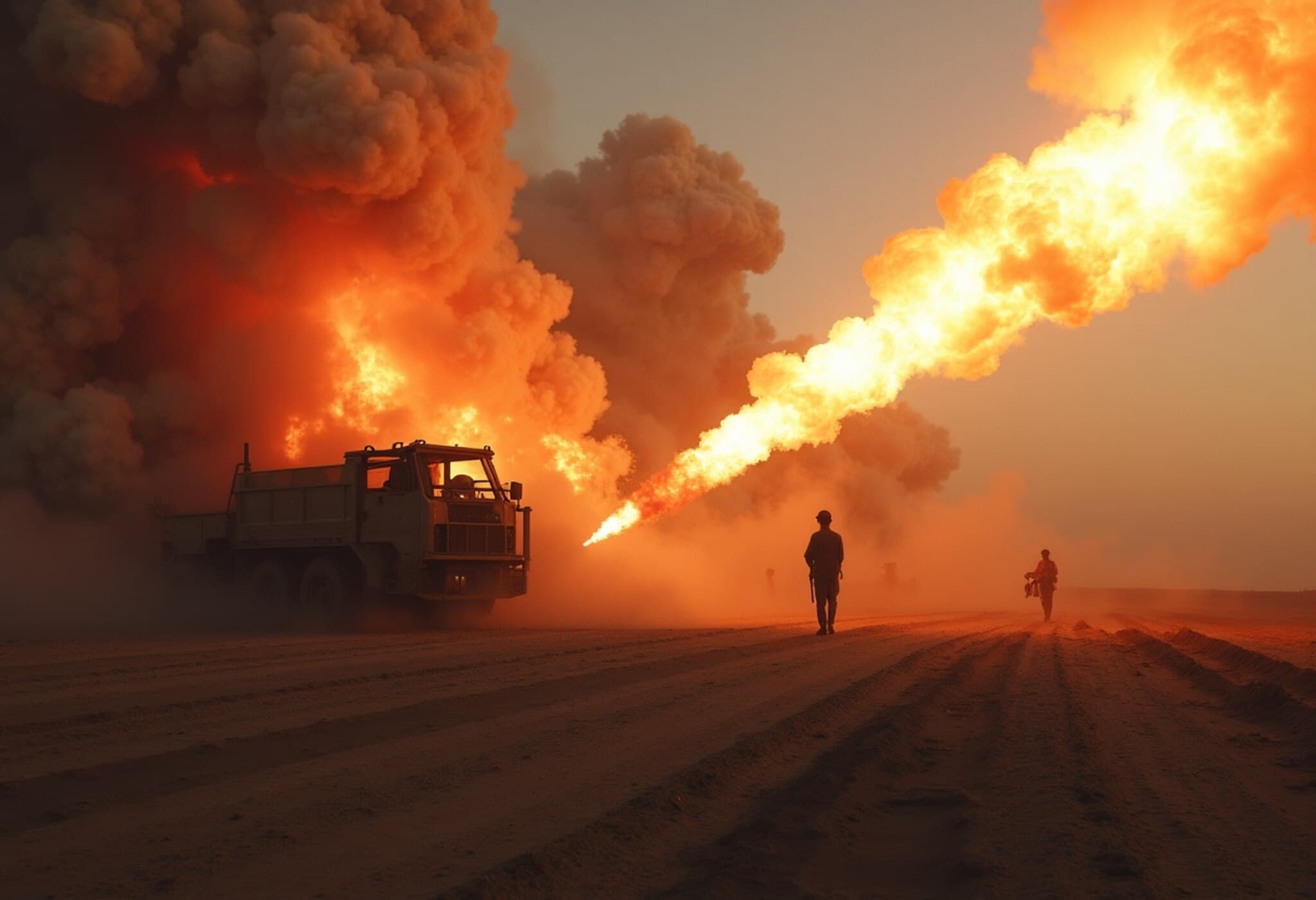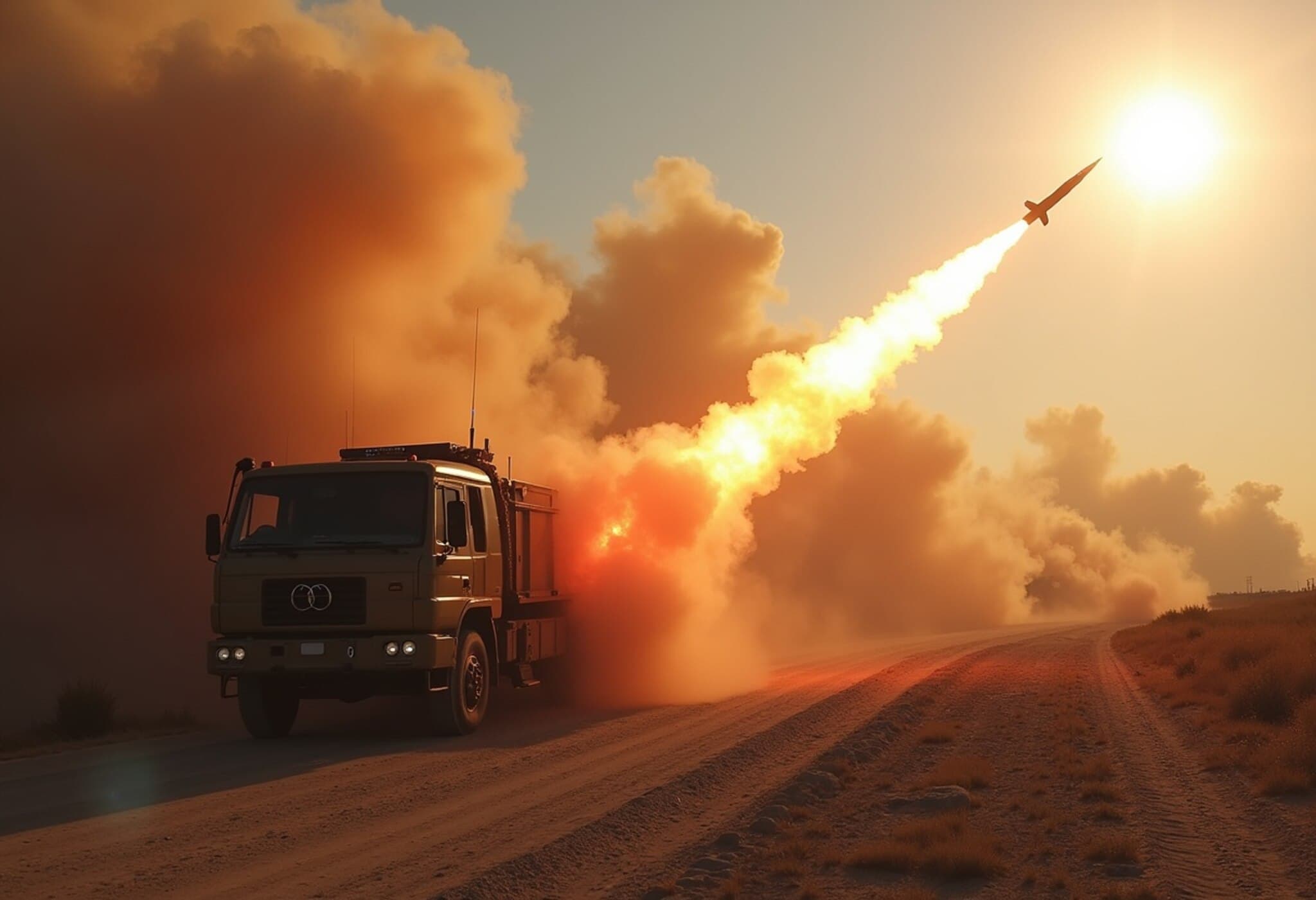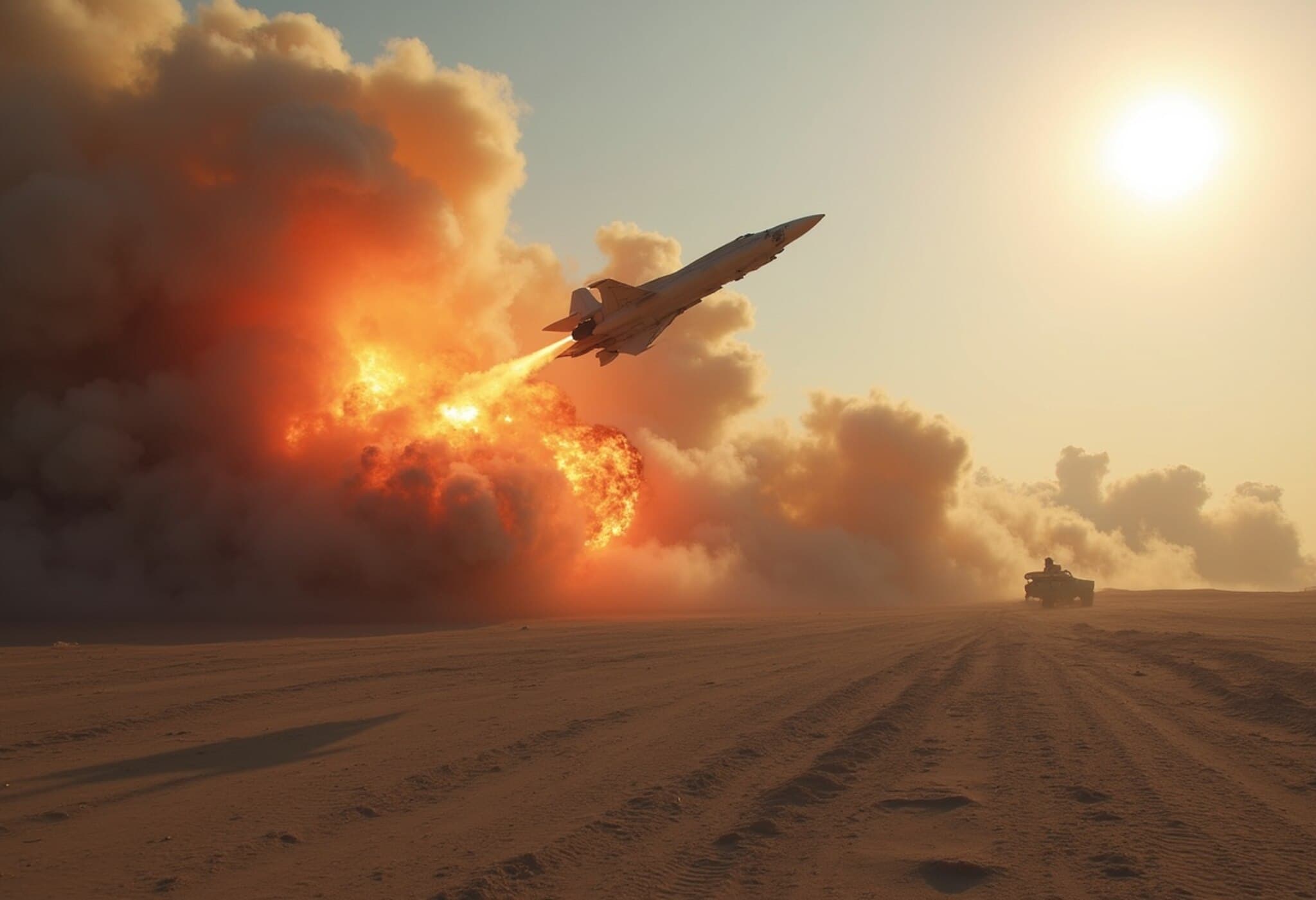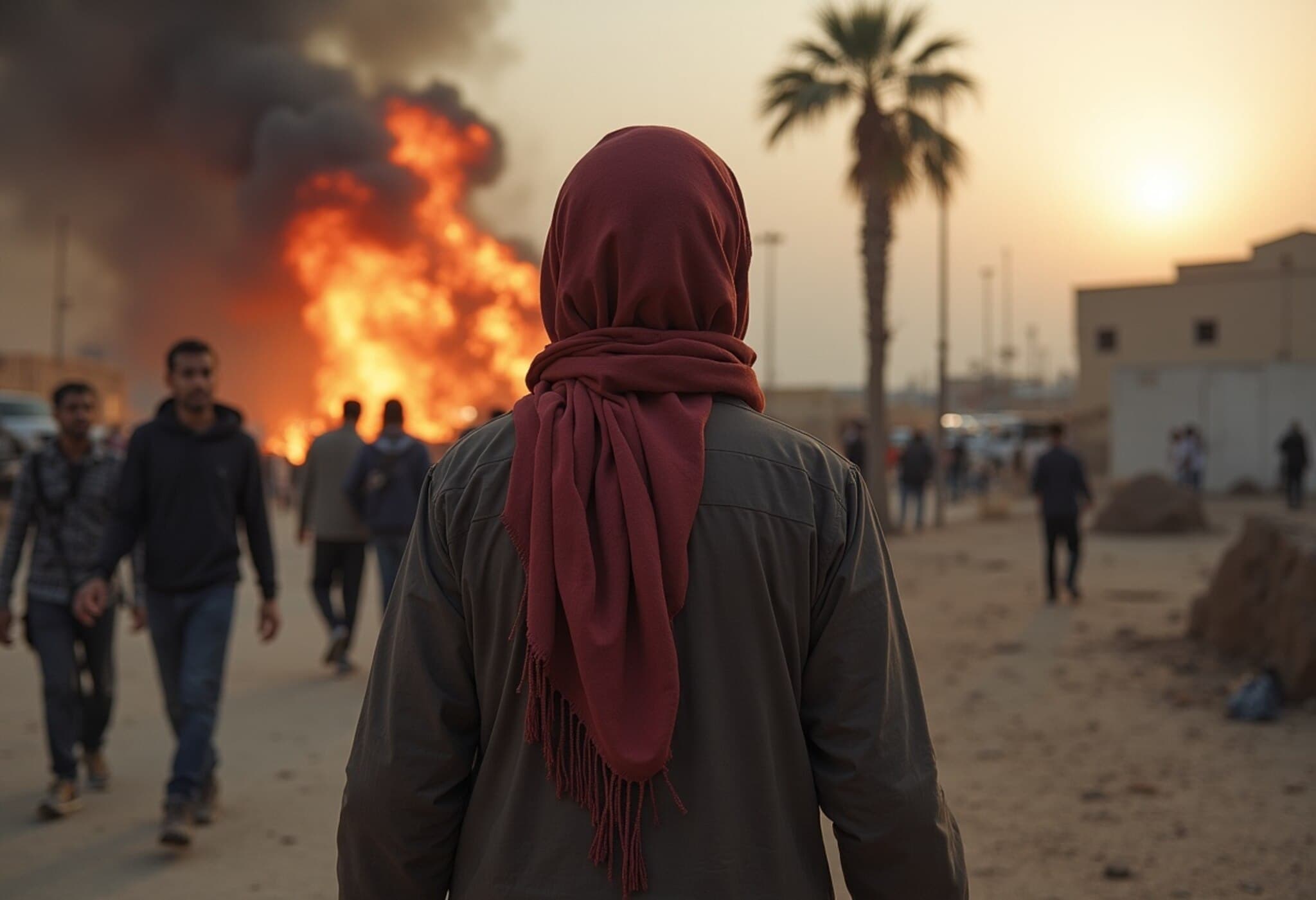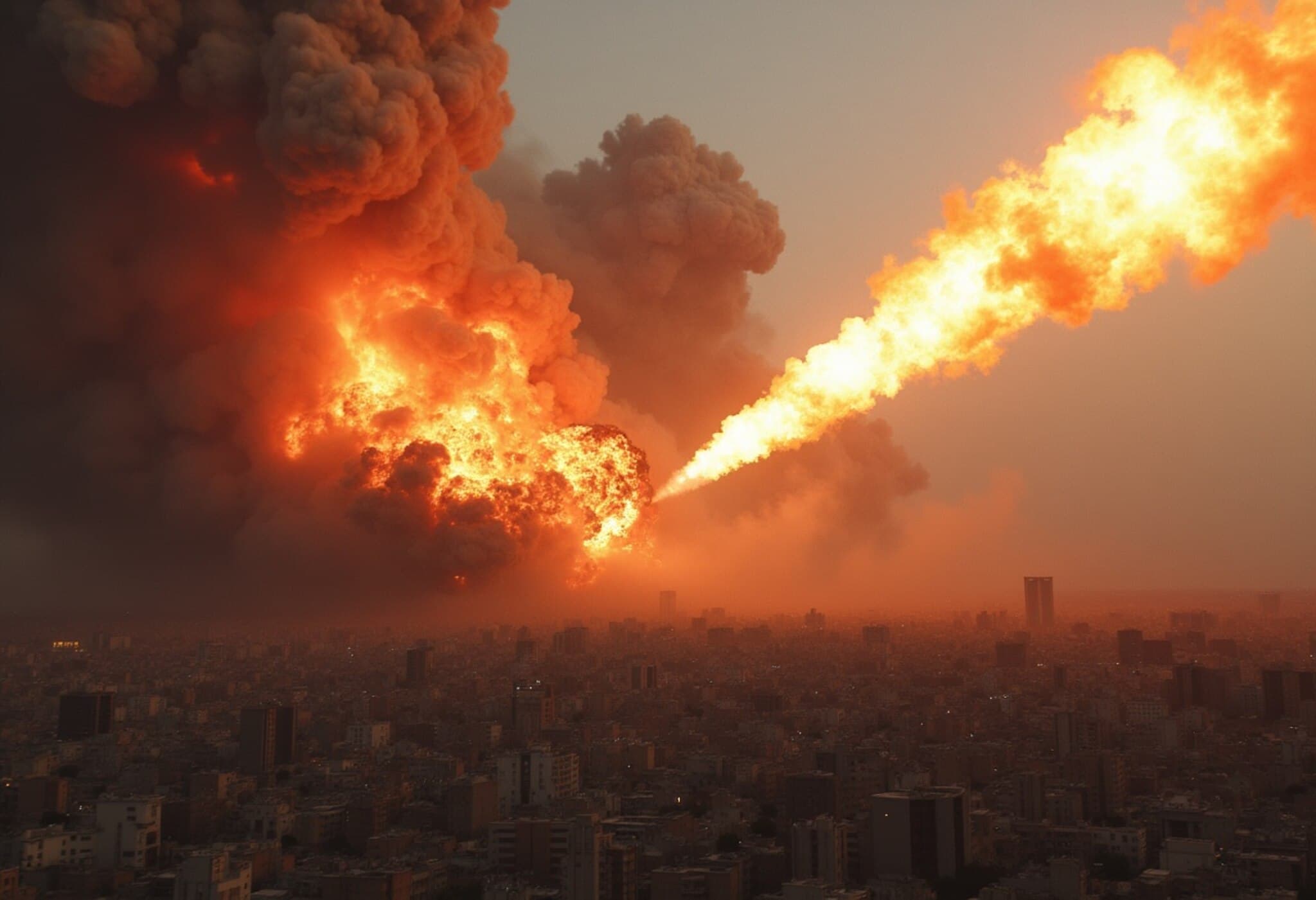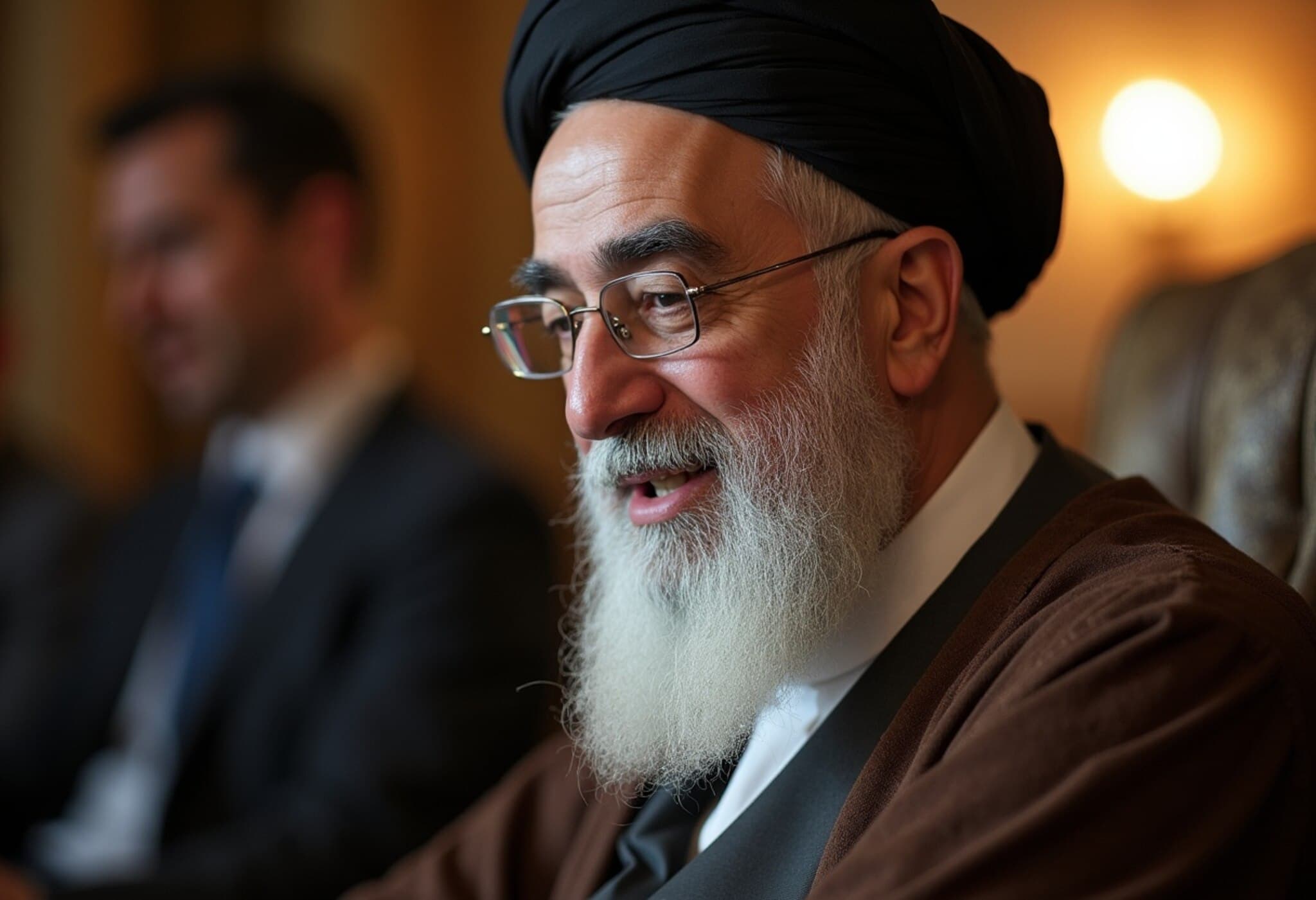Rising Tensions Ignite Direct Conflict Between Iran and Israel
The longstanding friction between Iran and Israel has escalated dramatically into direct warfare, marking a volatile new chapter in their fraught relationship. In response to a daring Israeli air campaign targeting Iranian nuclear and military infrastructure, Iran launched a barrage of over 100 missiles against Israeli cities including Tel Aviv, Haifa, and Petah Tikva, resulting in five deaths and injuring more than 100 people.
Israel’s preemptive strikes reportedly eliminated at least 224 individuals, including high-ranking Revolutionary Guard commanders, along with significant destruction of Iran’s nuclear facilities. This rapid exchange of attacks over four consecutive days reveals a deepening conflict with no immediate signs of tranquility.
Turning Point: From Proxy Wars to Direct Confrontation
This exchange marks a clear shift from proxy engagements to outright hostilities. Unlike prior indirect conflicts, Israel has struck deep inside Iran, prompting missile retaliation against Israeli civilian centers. The scale and speed of these assaults have unleashed widespread concern about a further spiraling of violence in the Middle East.
Beyond regional stability, the conflict holds global economic implications. Crude oil prices surged by 13% in a single trading day amid fears of disruptions in the Strait of Hormuz, a crucial artery for 20% of world oil supplies. While prices briefly touched $78 per barrel, experts warn that any Iranian moves to block this maritime chokepoint could drive rates well above $100.
Iran’s Triple Dilemma: Escalate, Contain, or Negotiate?
The Iranian leadership now faces a strategic crossroads with profound consequences:
- Escalate—Risking full-scale war with Israel and potential US intervention.
- Contain—Maintaining controlled, sustained attacks while avoiding direct American military thresholds.
- Negotiate—Engage in diplomacy, possibly mediated by the US, to halt hostilities and revive nuclear talks amidst minimal trust.
Supreme Leader Ayatollah Ali Khamenei confronts the delicate balance between showing strength and preventing further destabilization that may threaten his regime’s survival.
Inside Iran: Shock and Unease Across the Country
The intensity of Israeli strikes caught many by surprise in Tehran. The destruction of key military and nuclear sites, along with targeted killings of senior commanders, has created panic, especially in northern Iran. Residents from Tehran’s middle class are fleeing to rural areas and Caspian towns amid fears of escalating violence.
The domestic picture is grim: Iran’s economy grapples with 40% inflation, rolling blackouts, fuel shortages, and a depreciating currency. Just prior to the conflict, protests had been rising over water shortages and unemployment, illustrating a nation already strained before the war intensified.
Khamenei’s Moment of Truth
At 86, Supreme Leader Ayatollah Khamenei faces what may be the most critical period of his decades-long rule. Previously unshaken by sanctions and unrest, this direct confrontation with Israel not only threatens Iran’s regional influence but also shakes the internal power structures in Tehran.
Speculation about succession intensifies amidst the crisis, with various factions vying for control. The added threat of targeted Israeli operations against him adds to the stakes.
Voices from Both Sides
Israel’s leadership emphasizes their fight pertains to Iran’s regime rather than its people. Meanwhile, Iranian officials underscore their readiness to reciprocate if attacks persist. Regional experts highlight Iran’s vast ballistic missile arsenal as a deadly bargaining chip, though emphasize that peaceful resolution remains an elusive hope.
Potential Escalation and International Reactions
Iran’s Revolutionary Guard employed advanced tactics to overwhelm Israeli missile defenses, resulting in significant damage within Israel, including collateral damage to the US Embassy in Tel Aviv. Should Iran escalate by mobilizing proxies or closing the Strait of Hormuz, the US could be compelled into military action.
President Trump reportedly vetoed an Israeli plan targeting Khamenei, aiming to preserve the possibility for diplomatic mediation despite supporting Israel's right to defend itself.
Meanwhile, Iran’s neighbors in the Gulf, alarmed by the fighting, prefer to avoid entanglement and advocate for restraint. The ongoing conflict is now a pivotal topic at international summits, reflecting widespread concern about regional and global stability.
Looking Ahead: A Fragile Balance
While Iran can sustain limited missile attacks over weeks, it lacks Israel’s superior aerial capabilities and logistical resilience, especially with American backing for Israel. Prolonged conflict threatens to deepen Iran’s economic woes, erode regime legitimacy, and possibly trigger renewed social unrest.
Israel continues urging Western allies to back efforts aimed at dismantling Iran’s nuclear ambitions, but meaningful progress will likely require coordinated U.S. military involvement, which currently remains uncertain.
Conclusion
The Iran-Israel confrontation stands at a precarious junction. The decisions made by Iran’s supreme leadership in the coming days will shape not only the trajectory of the conflict but also the political future of the region and global economic stability.

